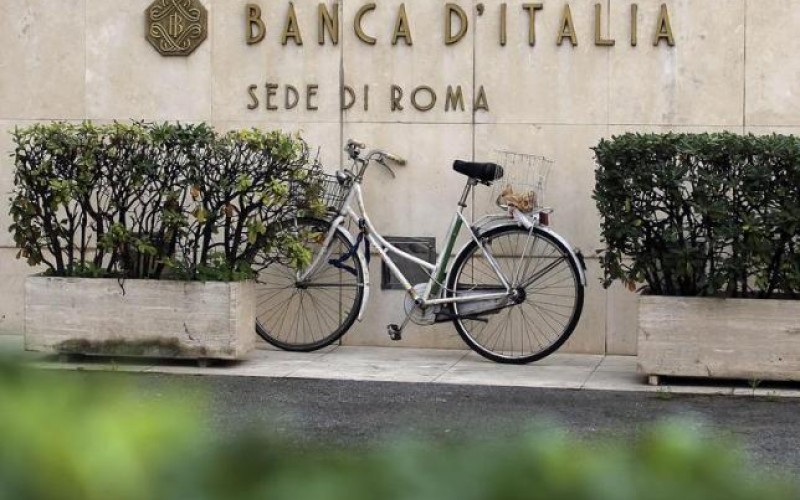Bankers Hate It When You Hold Cash
In an extraordinary turn of events, last week we were contacted by our local bankers. Since we were turned down for a mortgage in 1982 (our business finances were thought to be “too shaky”), we have had little truck with them. We pay cash. They mind their own business.
 Too many Benjamins! Photo credit: Andrew Magill / Flickr
Too many Benjamins! Photo credit: Andrew Magill / Flickr
But for the first time we can recall, not just one but three suits came to visit. Personable and intelligent, they were worried when they saw how much cash we were keeping on hand. No kidding. They came to visit to propose ways we could “put it to use.”
“You really should take some of that cash and invest it in municipal bonds” was the motion on the table.
“What if the municipalities can’t pay?” we asked.
“Don’t worry about that. Historically, the odds of default are extremely remote,” one of them answered.
“But what if interest rates turn up? Wouldn’t the default rate go up?”
“Well, maybe. But we keep the maturities short and invest only in the most creditworthy municipalities. The risk is very low.”
“Oh… but what if we just need some cash.”
“No problem. We’ll give you a line of credit.”
“Let me get this straight. You’re proposing to put me into debt so that I can keep my money invested in somebody else’s debt?”
“Uh… well… yes… and we’ll charge you less interest than you will earn from the municipal bonds.”
“Wait. You can earn a fee for putting my money in bonds… and earn another fee for lending me money… and I still end up ahead?”
“Yes. We just try to find ways to help clients with their financial needs.”
“Oh.”
 If unlucky, you’ll end up with one of these… Image via scripophily.net
If unlucky, you’ll end up with one of these… Image via scripophily.net
…click on the above link to read the rest of the article…















